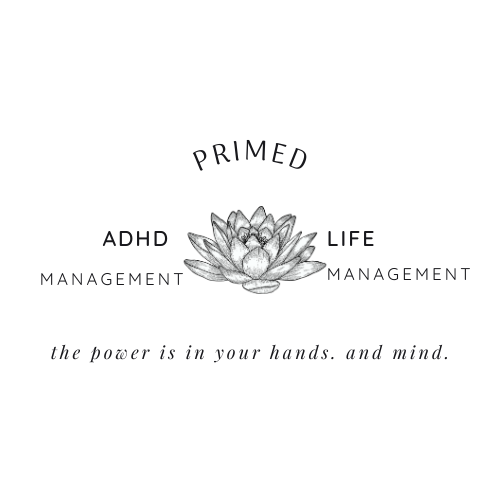
Photo by Emily Morter on Unsplash
On one of the question & answer forums I read, someone asked for feedback about how to best support someone with ADHD. I thought it was an admirable question that showed caring and curiosity, two values that I admire.
The question:
How can I help someone with Attention Deficit Disorder?
Most accurately, the question would be, “How can I help someone with Attention Deficit Hyperactivity Disorder”.
The American Psychiatric Association removed “ADD” from the Diagnostic and Statistical Manual of Mental Disorders. However, ADD is more concise, and people still use the term, so I think it’s acceptable to use ADD and ADHD interchangeably. I also disagree with both ADD and ADHD being under the ADD umbrella because “H” is a symptom of its own. But I digress.
Patience
When I read the question about helping someone with ADHD, the first word that came to mind was patience.
Be patient.
Education
Learn about ADHD. Google it.
Understand that their brain works differently. It’s neurodivergent. The person with ADD has an inner clock that ticks at a different pace.
Support
Be supportive.
Ask them how you can support them.
If it’s someone you manage at work, ask your team member how you can help them. Ask whether they need shorter or longer deadlines. Ask whether they need a quiet work environment – and if they do and you can’t accommodate, there are workarounds.
If it’s a loved one, a similar approach applies. Ask how you can provide support. If the person is always late because, say, they’re hyper-focusing or lose track of time, maybe you need to use this trick: Give them earlier meeting times than necessary. (It works for some people).
Encourage rather than discourage.
That said, don’t accept ADD as an excuse for them not trying their best. Show tough love when necessary. Find the balance between helpful nudging and pushing too hard. Sometimes those of us with ADHD need a nudge, a nag. But, with love, patience and understanding, that can be positive. Make it a two-way dialogue.
Be there to listen.
Listen more.
You need not understand them – it’s challenging to understand something we’ve never experienced. It’s hard to identify with someone else’s truth when it’s not our truth. You need to trust their truth.
It helps if you have a good bullshit meter. There are times to call someone on their BS and times when you should stay quiet and let people figure it out. (Sometimes people aren’t aware when they’re lying to themselves.)
Again, sometimes you need to just listen.
Sometimes you need to be there.
Sometimes it’s quiet support, other times it’s accommodation.
Work as a team
In relationships, teamwork is essential. If you’re in a relationship with someone with ADHD, it can be a life-saver.
Make chore lists. Put appointments and tasks on a shared calendar. Divide labour based on strengths. Delegate. Automate tasks such as bill payments.
How can you help someone with Attention Deficit Disorder?
Ask them.
